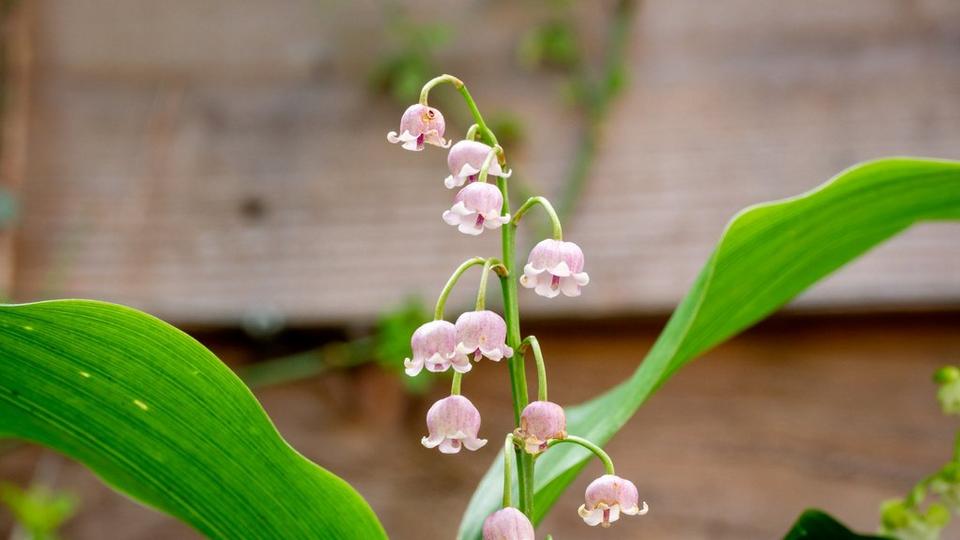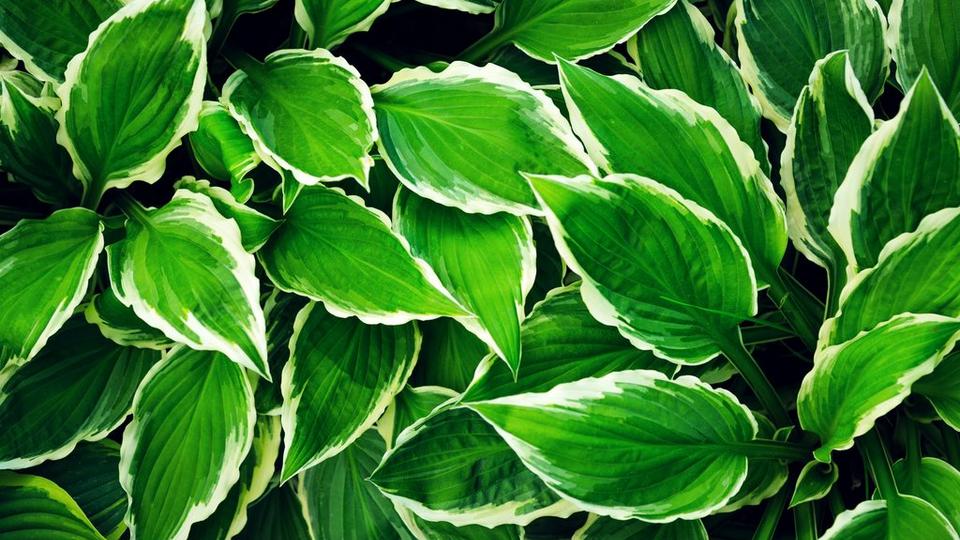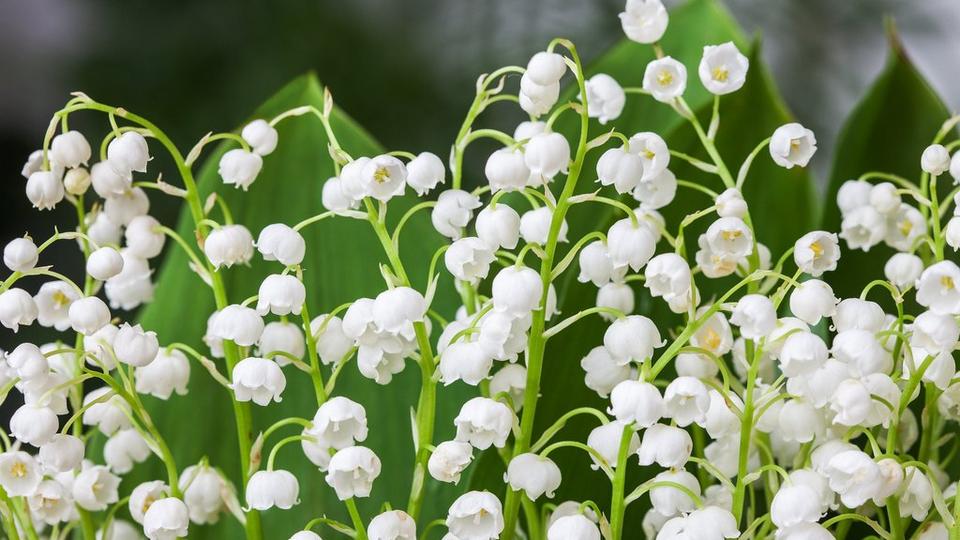Ultimate Guideto Lily ofthe Valley
The days are getting warmer, and summer is just around the corner. This can mean only one thing; everything is about to get a whole lot brighter with the wonderful Lily of the Valley flower.
When it comes to this delicate flower, you only have a choice of this flower in white or with a slightly more unusual soft pink hue. Don’t let that put you off, these amazing blooms with their bending stem feature an abundance of bell-shaped flowers that guarantee to bring a sophisticated and fragrant touch to your vase.
Creating a blanket of blooms in most UK woodlands throughout May, this one is the ultimate flower for the month. The Latin name for the Lily of the Valley plant is Convallaria Majalis. If you need some help translating, Convallis means ‘valley’ while Majalis means ‘of the month of May’. With a name like that, it seems only right this is the birth month flower for May; the perfect reason to give a bunch of these to someone celebrating their birthday in this month.
Find out more about these amazing flowers in our ultimate guide to Lily of the Valley. We’re pretty sure they will bring a smile to your face!
History of Lily of the Valley
These flowers may look dainty, but they’ve certainly been busy when it comes to racking up some history. For a starter, even though the common name for this flower is Lily of the Valley, it’s not actually related to their namesake and is in fact closely related to asparagus.
Lily of the Valley isn’t just a pretty face either. It has been used in medicine over the years to treat ailments such as heart problems, burns and epilepsy and in herbalism to improve your memory. During World War I it was even used to combat the effects of gas poisoning. Of course with a flower that smells as delicious as Lily of the Valley, it’s also a favourite in the perfume world.
For such a small flower, Lily of the Valley seems to have been taken into the hearts of almost everyone. Since 1967 it has been the national flower of Finland. In France, bouquets of this flower are traditionally sold on the 1st of May to celebrate International Labor Day. There is also an old Germanic custom - a tribute to the Goddess of the coming of spring and the growing light - where they would throw these flowers into a celebratory bonfire as a sign of respect.
They’re not the only ones. Back in 2019, which was the year the Chelsea Flower Show went online, Queen Elizabeth II named these her favourite flowers. The bloom featured in her coronation bouquet and has been one of her favourites ever since.
Lily of the Valley Meaning
Keeping with its royal ties, this flower is said to bring luck in love, so it’s no wonder so many royals have included this flower in their wedding bouquets. Have a look and you’ll see Lily of the Valley in the wedding bouquets of the Princess of Wales, Princess Astrid of Sweden, Princess Diana and the Duchess of Sussex. Are you planning your own wedding? Why not bring an extra bit of luck to your nuptials and choose a Lily of the Valley wedding bouquet mixed in with some roses, sweet peas and astilbe – a perfect choice for a summer bride.
Lucky in love isn’t the only meaning for this flower. In ancient times it stood for purity and humility while the Victorians believed this flower symbolised a return to happiness. Jump forward to recent times and we associate this bloom with mothers and happiness. That’s quite a lot from one small flower! Why not pick a bunch mixed in with some pink anemones and peonies for a truly decadent bouquet that will spoil your mum.
Lily of the Valley Flower Types
As we mentioned earlier, when it comes to Lily of the Valley you are a little restricted when it comes to colour variations in this flower. However, if you did fancy something a bit different you could choose the rosea which features flowers with a pink-ness to the petals.
The other way to introduce variation is not so much through the petals but instead in the foliage. The Albomarginata features leaves with white edges, while the Albostriata has darker foliage and lighter shade stripes flowing upwards.
Other varieties include Fortin Giant which as the name suggests is grown for its size. Flore Pleno is a stunning double-flowered version while the Bordeaux produces larger bell-shaped flower.

Rosea

Albomarginata

Fortin Giant
Lily of the Valley Care Tips
With such a beautiful flower, you want to make sure they stay gorgeous for as long as possible. Pick yourself a clean vase which is the right size for your flowers and fill with water.
Remove any leaves that will sit below the water line otherwise they will turn the water murky quite quickly - your flowers won’t like it. Now, taking a sharp pair of scissors cut about 3cm off the bottom of the stems. Make sure you cut at an angle, it helps the flower to drink up the water. Place the flowers in a vase and then sit in a cool place with a decent amount of light (don’t let them sit directly in the sunlight). Make sure you change the water every few days – they’ll appreciate keeping it all fresh.
Are Lily of the Valley poisonous?
Don’t let the pretty looks of this flower fool you. Lily of the Valley are pretty potent to both people and animals. Luckily, they are completely harmless to touch, and you’ll have no problems putting them into your vase.
Whatever you do, just keep them out of reach from children and animals (especially those curious enough to put things in their mouths!). Every part is toxic - from the petals to the stems and the red berries which appear in winter - as it contains cardiac glycosides which speed up the heart rate to dangerous levels. In fact, it’s only the insects which are safe. We’re pretty glad about this because the flowers produce an amazing source of food for butterflies and moths, they seem to love the sweet fragrance the flower gives off.
